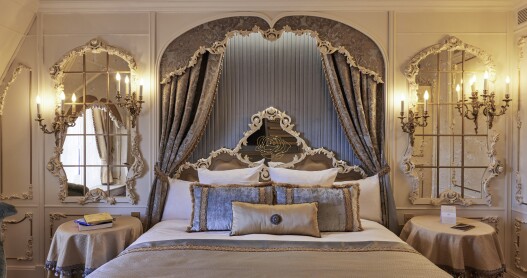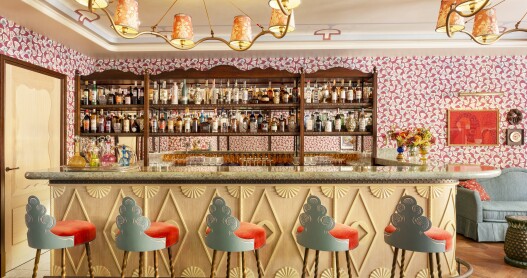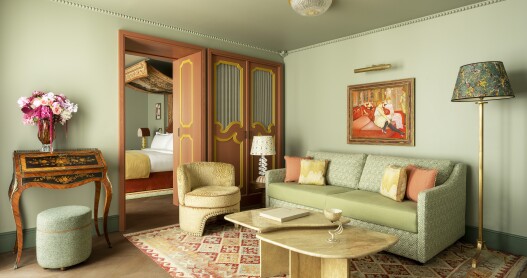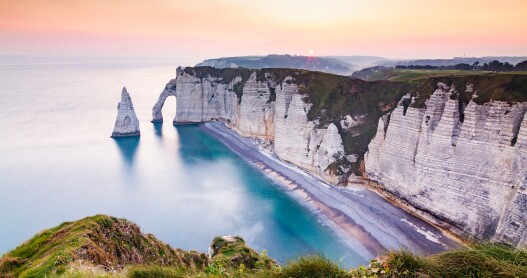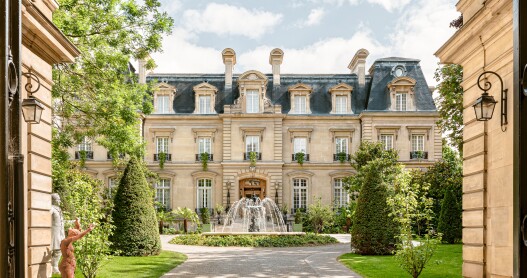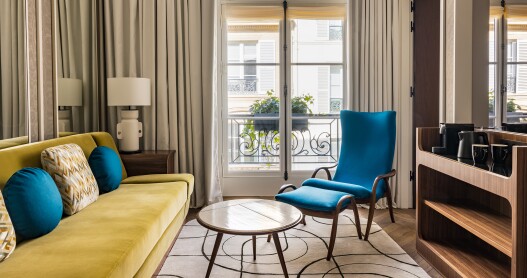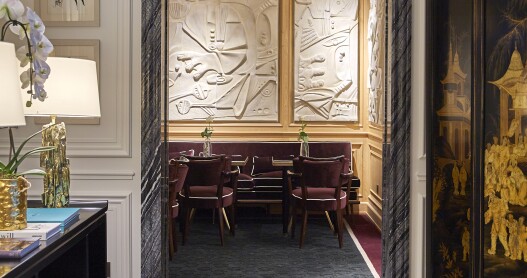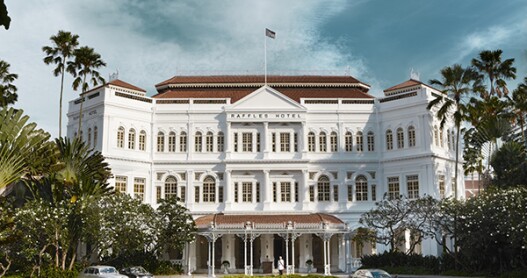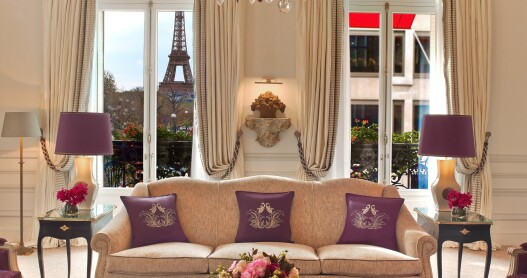Overview
When’s the best time to go to Paris?
You’re likely to be disappointed if you arrive expecting the image of springtime in Paris that you see in Hollywood films. In the last several years, the months between April and June have reported below-average temperatures and record-high precipitation—a far cry from the endless days of sunshine in the movies. The weather is wholly unreliable, which foils many travelers’ ambitions for a dry early-season trip. Late summer and early fall typically yield the warmest sojourns (though the summers in general appear to be getting warmer), plus this is when Paris is most culturally active, unveiling new exhibits and welcoming the return of the some of the most anticipated festivals. December and January provide a more festive experience, with Christmas markets lining the well-heeled boulevards and twinkling lights illuminating the city’s boutiques. All weather aside, there is hardly a bad time to visit Paris, rain or shine.
How to get around Paris
From either of the city’s two airports, the RER B, a regional rail line, is the fastest way to reach the city center. Taxis are convenient, but they can be costly.
Getting around: There are few cities as walkable as Paris. For further distances, le métro is the quickest and most reliable means of getting to and from your destinations (sometimes faster than a taxi). Google Maps is a reliable way of figuring out which train to catch. Ubers operate here.
Paris also has excellent bike infrastructure. On nice days, grab a bike share with Vélib, the city’s successful bike-share program, or Lime.
Can’t miss things to do in Paris
– Whether at the peak of summer or in the moodiness of a winter’s night, nothing elicits a chorus of oohs and ahs like a leisurely after-dinner stroll across the city’s iconic bridges and along the banks of the Seine River. Amble across the Pont des Arts toward the Institut de France and continue along the docks of the river, watching the Bâteaux Mouches glide by and illuminate the river with their lights. Keep wandering until you reach a spot to pause for an unobstructed view of a twinkling Eiffel Tower (every hour, on the hour, after sundown). It’s free and absolutely stunning at all times of year.
– If time allows, you really shouldn’t miss visiting the Louvre, the Musée d’Orsay, and Sacré-Cœur, or taking a stroll through the Luxembourg Gardens.
– Following the devastating fire in April 2019, Notre-Dame Cathedral remains closed for restoration work. Officials have said the forecourt in front of the church could open as early as March 2020, but for now, you’ll only be able to snap a picture from afar.
Food and drink to try in Paris
– It is entirely possible to spend days roaming the marbled halls of the Louvre or walking from one fabled cobblestone street to another, but Paris is, above all, a city for insatiable lovers of wine and food. Mix the classic dining visionaries with the rising influence of young culinary talents, and you’ve got a rapidly evolving, deliriously delicious food-and-drink scene.
– The city’s hottest restaurants tend to have booking systems that are arcane at best and nonexistent at worst, so plan in advance to ensure that you snag a coveted table. Or just pull up a chair at a neighborhood café and watch the world go by.
– When it comes to gratuities: Don’t tip for self-service at counters or buffets; round up to the nearest euro or add a euro on top of the bill when ordering drinks; leave just a few euro for informal fare; and tip around 15 percent at formal restaurants (as long as a service fee is not already included).
Culture in Paris
– Every international city has its iconic landmarks and cultural institutions. In Paris, most travelers would cite the Louvre as the must-visit art stop, but curious visitors should look beyond the usual suspects and explore places like the Musée de la Vie Romantique, the Jewish Art and History Museum, the Cinémathèque Française, and the Fondation Cartier.
– Dive a little deeper into a fascinating chapter of 20th-century Parisian history with a historian-led Context walking tour that focuses on the city’s occupation by Nazi Germany, a time marked by unrest, bravery, and heroism.
– Given the Parisians’ well-documented penchant for celebrating art, culture, and design in all its forms, you can count on a packed schedule of festivals all year long. Whether for a neighborhood street parade or larger-scale happenings like Paris Plage and Nuit Blanche, it’s worth planning your vacation around the city’s celebratory timetable.
Local travel tips for Paris
– Always greet shop owners and restaurant staff with “bonjour” when entering and before asking a question or making a request.
– Avoid restaurants that have English translations printed on the menu or that display multiple flags. Similarly, avoid restaurants with multi-page menus, as the authenticity of the meal may be questionable.
– When metro train cars are crowded, give up your folding seat and stand.
– A baguette is always better with cheese—the older the cheese, the better.
– Do not overlook the city’s farmers’ markets as potential lunch spots.
– Macaron loyalties teeter between Ladurée and Pierre Hermé, so try both and decide for yourself.
– The Champs-Élysées has few redeeming qualities and is considered the Times Square of Paris by locals. Skip it and opt for a bird’s-eye view from the top of the Arc de Triomphe.
Practical Information
– U.S. visitors to France do not need a visa for stays of less than 90 days, however you’ll need a passport that is valid for at least three months beyond your length of stay.
– France uses type E and C plugs (as well as F, if it has an extra pin), so visitors from the U.S. will need an adaptor. Since the standard electrical voltage in France is 230 V, you’ll also need a voltage converter (U.S. standard voltage is 110) to ensure you don’t fry your appliances.
– France’s official currency is the euro; check conversion rates here, but keep in mind that the rates you’ll pay to convert dollars to euros will be slightly more. And consider using a credit card that doesn’t charge a fee for international transactions.
– The official language is French, bien sûr, though you’re likely to hear several languages spoken, as Paris is an international city. Parisians appreciate it when you make an effort to speak a little French, so it’s definitely worthwhile—and highly recommended—to learn at least the basics before you arrive.









